As 2014 draws to a close, we round up the biggest stories of the year. There may have been other stories that got papers sold, or brought more clicks to the yard, but our list is about the stories that resonated with us as a news website that puts the youth at the centre of our agenda.
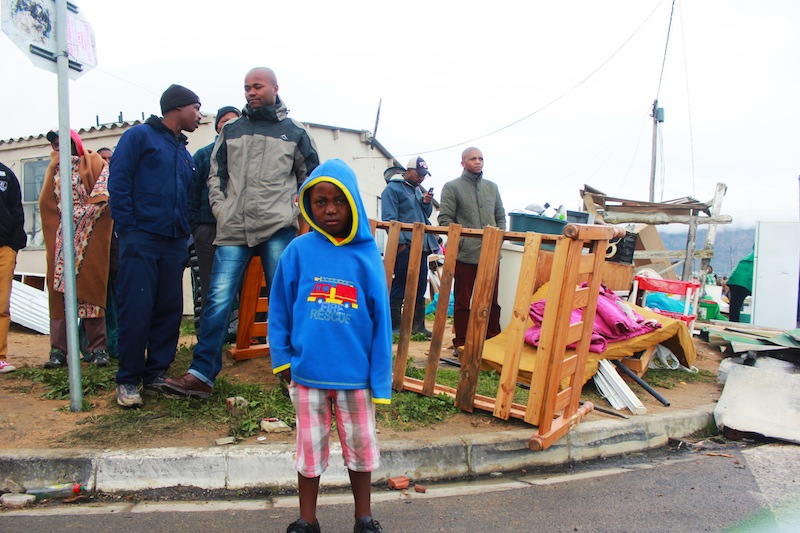
1. Lwandle
In June, the South African National Roads Agency (Sanral) filed a court interdict that left hundreds of residents of the Nomzamo informal settlements near Lwandle stranded and homeless. They were forcefully removed them from private land that was to be used to expand the N2.
Forced removals and evictions have become common in many parts of South Africa, but Lwandle took centre stage because of the abuse of power by various state entities and the violence in which the police used to evict residents.
Veronica Lujabe, a 36 years old domestic worker and mother of four, was one of the people who felt the brunt of these force removals. Talking to Ra’eesa Pather, Lujabe relives that day when police forcefully removed her and her children using teargas. She lost everything that she owed, so did many other residents. Just weeks after Nomzamo residents were tossed into the winter cold, the eThekwini municipality bulldozed through the homes of Cato Crest residents who were said to be illegally occupying land that had been earmarked for a housing project.
2. Born frees making their mark
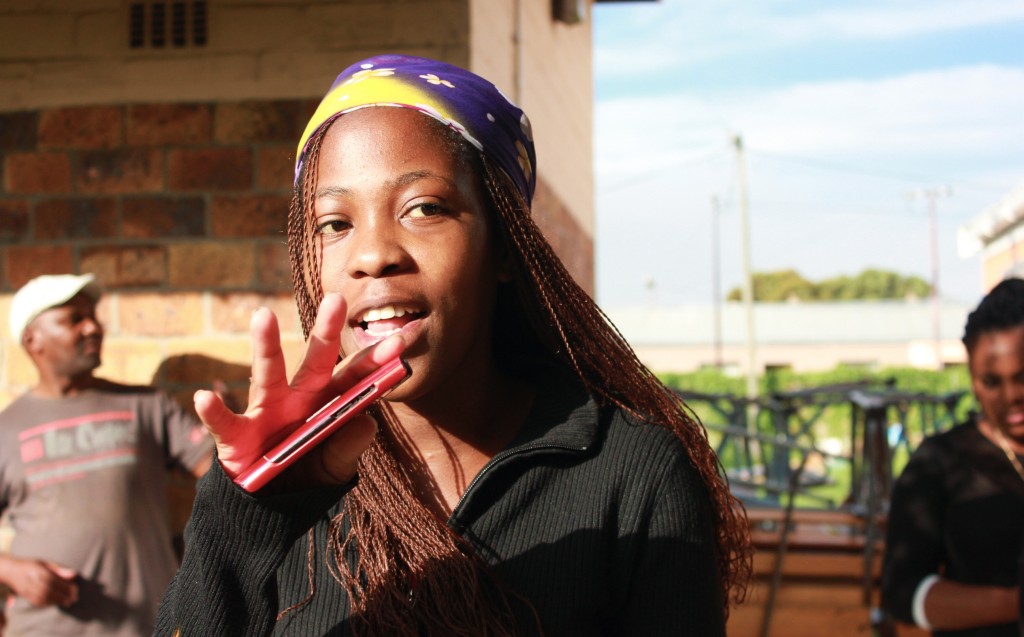
“I vote because it’s a free country and I want my vote to count. Here in Langa we don’t have houses. If they can provide houses and clean toilets, that the only thing we are complaining about. I want my community to change – I want to see Langa become a better place.”
The 2014 National Elections marked 20 years of democracy in South Africa, a pivotal moment in assessing how far the country has come since 1994. However, more than that, the elections also marked the first time Born Frees, those born in 1994, would cast a vote for the first time. Approximately two million new voters entered the voters roll, most being in between the ages of 18 and 24.
There was much worry about whether or not young people would come to the polls and vote. Many young people expressed feelings of confusion and indecisiveness as they approached the polls.
3. Marikana
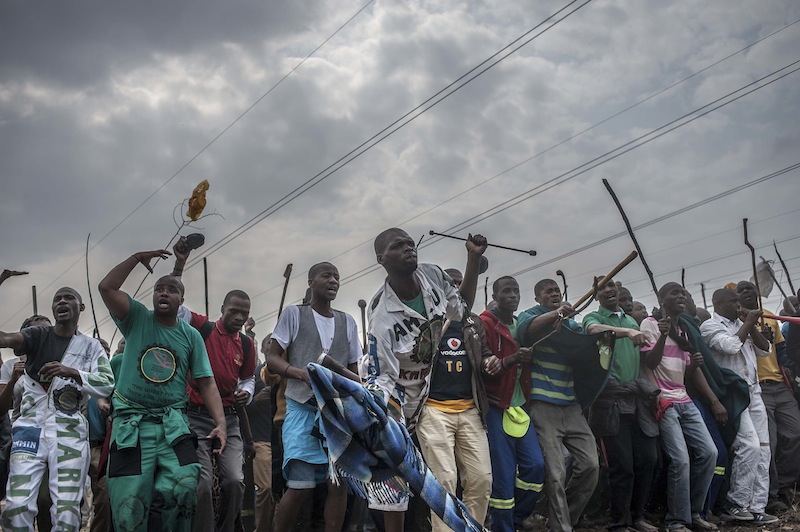
At the dawn of 2014, the Association of Mineworkers and Construction Union (Amcu) announced they would embark on a strike for a 12% wage increase. Marikana has been at the centre of the media since the 2012 strike that left 22 Mineworkers dead was yet again in the media, with many condemning the miners for the strike that caused a blow to the South African economy.
The end of the strike, which lasted for a staggering five months, brought relief to South Africa especially to the people of Marikana who were hugely affected. The strike had not just affected the miners, businesses in the region and contract labourers were affected by the standstill.
As the strike came to an end the Farlam Commission, an inquiry set up to investigate what actually happened on 16 August 2012 continued, all eyes were on Marikana yet again. With allegations of state intervention, the commission was a pivotal point in justice prevailing for the murdered miners and their families. The release of Rehad Desai’s documentary, Miners Shot Down, which was dubbed to be a must-see for every South African, added fire to the fuel. It detailed the days leading to the shooting and the collusion that happened between the state and Lonmin. The documentary caused more controversy when SABC and Etv allegedly refused to air the documentary.
4. #sexistSA
Â
In July The Daily Vox started #sexistSA, a series that was solely dedicated to raising awareness on the street harassment women in South Africa face on a daily basis. Sadly, one of the many things South Africa is known for is its high levels of gender-based violence, and while those have made media headlines throughout the years, it is the subtle acts of violence (the catcalls, whistles and groping) that ultimately lead to the shocking sexual violence that has happened and continue to happen.
From our own reporters sharing their experiences of being harassed while working on a story  to a woman being pushed into a wall because she didn’t respond to a man’s wolf whistle,  #sexistSA has evidently shown that it is the little things like assuming a women owes you something for walking down the street that perpetuates the violence in our nation.
5. All the people who died who were not Senzo Meyiwa
Shocked prevailed throughout South Africa and the rest of the world as news of Bafana Bafana Captain Senzo Meyiwa swept through social media. Meyiwa was fatally shot in Vosloorus, east of Johannesburg, in a botched robbery attempt. There was public outcry and a demand for his killers to be apprehended. The preferential treatment that Meyiwa’s shooting was getting from the South African Police Services (SAPS) overshadowed the many other murder cases that were unsolved. According to the Institute of Security Studies (ISS) 2013/2014 crime statistics, along with Meyiwa, 46 other people were murdered on Sunday. Meyiwa’s death has forced South Africa to face the reality that violent crimes, especially murder, are a problem. As 2014 comes to an end, 17, 000 other murders happened and most will remain unsolved.

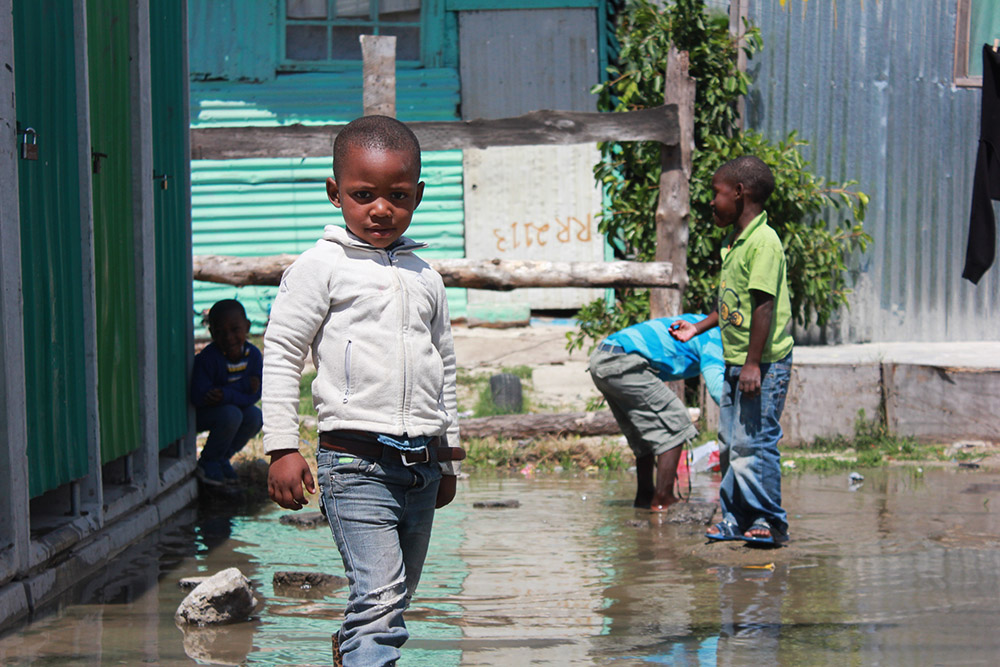
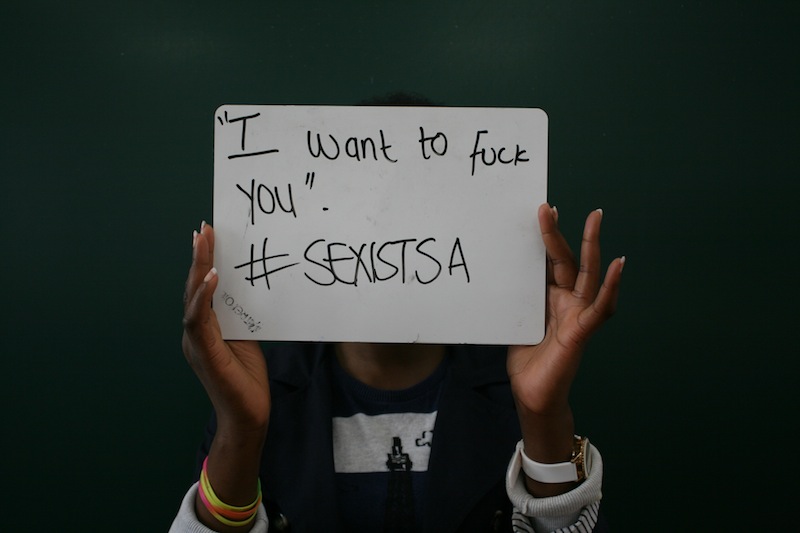
![Police officers [gcis]](http://www.thedailyvox.co.za/wp-content/uploads/2014/10/Police-officers-gcis.jpg)







